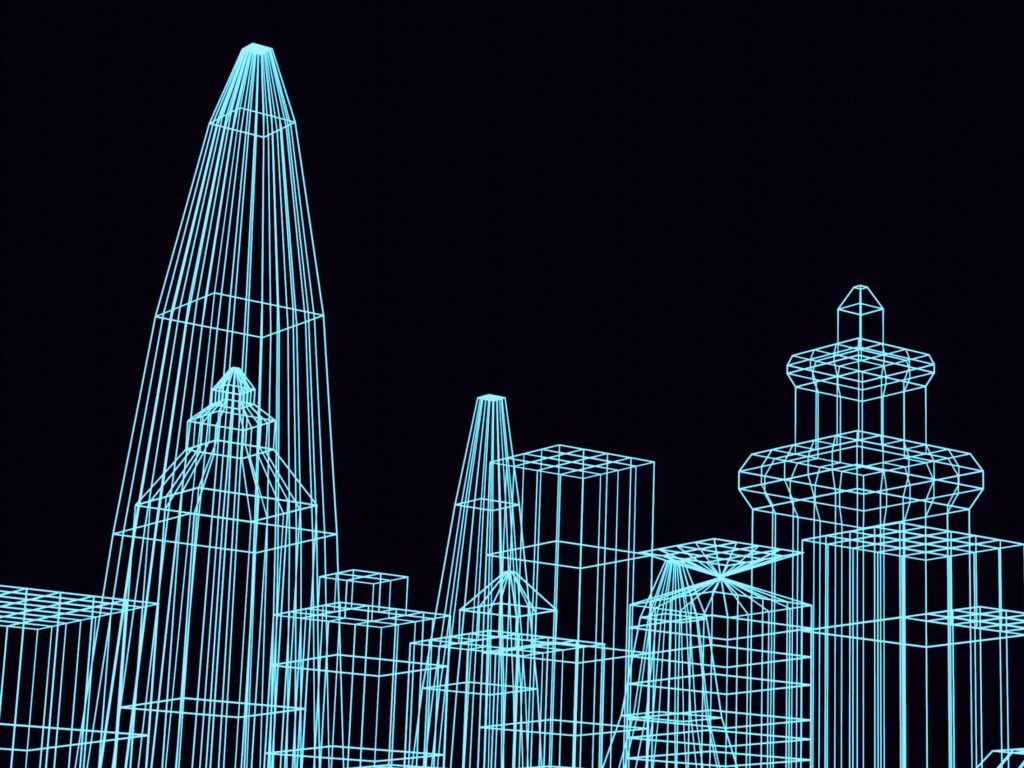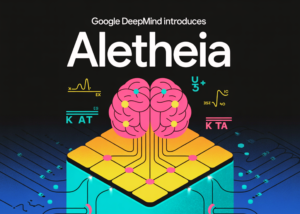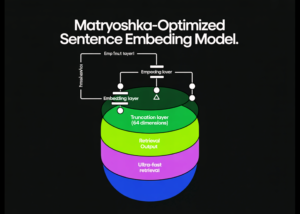How AI is building the future of our cities

Shah Muhammad, who leads AI Innovation at the design and engineering firm Sweco, offers his insights into how AI is building the cities of the future.
Ever been stuck in traffic and thought, “Surely, there’s a better way to design this city?” Or walked past a giant new building and wondered if it would be an energy-guzzling monster?
For decades, building our towns and cities has been a slow, complicated process, often relying on educated guesswork. But what if we could give city planners superpowers? What if they could test-drive a dozen different futures before a single shovel hits the ground?
That’s exactly what’s starting to happen. And the secret ingredient is AI.
“AI is revolutionising urban design and infrastructure planning at Sweco by optimising processes, enhancing decision-making, and improving sustainability outcomes,” Shah explains. “It allows us to analyse vast amounts of data, simulate various scenarios, and create more efficient and resilient urban environments.”
Shah is saying that AI gives his team the ability to ask the big questions that will impact people’s lives when designing the cities of the future: “What’s the smartest way to build this neighbourhood to cut down on traffic jams and pollution? How can we design a building that stays cool in a heatwave without huge electricity bills?” The AI can run the numbers on thousands of possibilities to find the best path forward.
Of course, the real world is messy. It’s not a neat and tidy computer simulation. It’s full of unpredictable weather, unexpected delays, and the beautiful chaos of human life. This is the number one headache.
“The biggest challenge in applying data-driven models to physical environments is the complexity and variability of real-world conditions,” Shah says. “Ensuring that models accurately represent these conditions and can adapt to changing conditions is crucial.”
So, how do they deal with that? They start with the basics. They get their house in order. Before they even think about AI, they make sure the information it learns from is rock-solid and trustworthy.
“To ensure data quality and interoperability across projects, we implement rigorous data governance practices, standardise data formats, and use interoperable software tools,” he says.
That might sound a bit technical, but think of it this way: they’re making sure everyone on the team is singing from the same hymn sheet. When all the different software tools can talk to each other and everyone trusts the information, the AI can do its job properly. It “enables seamless data exchange and collaboration among different teams and stakeholders.”
But of all the things AI can do, this next part might be the most hopeful when using it to design future cities. It shows that this technology can have a real heart.
“There are many projects where AI has made a measurable impact on sustainability, making it hard to single out one,” he reflects. “However, if I were to choose, I would highlight a project where AI was used to preserve biodiversity by identifying endangered species and providing this information to researchers.”
In this scenario, technology is giving nature a voice in the planning meeting. It’s like the AI raising its hand and saying, “Hang on, let’s be careful here, there’s a family of rare birds living in this area.” It allows us to build with respect for the world around us.
So, what’s the next chapter? According to Shah, it’s about turning that crystal ball into a real-time guide.
“According to me, the biggest opportunity for AI in the AEC sector lies in predictive analytics and automation,” Shah explains. “By anticipating future trends, identifying potential issues early, and automating routine tasks, AI can greatly enhance efficiency, reduce costs, and improve the overall quality of projects.”
This could mean safer bridges, roads that need fewer repairs, and less disruption to our lives. It means freeing up talented people from the boring tasks to focus on building the cities of the future that are more in tune with the people who call them home.
Shah Muhammad is speaking at AI & Big Data Expo Europe in Amsterdam on 24-25 September 2025 where he will be hosting a presentation on ‘Leveraging Generative and Agentic AI for Intelligent Process Automation’. Find out more about the event and how to attend here.
See also: Zuckerberg outlines Meta’s AI vision for ‘personal superintelligence’

Want to learn more about AI and big data from industry leaders? Check out AI & Big Data Expo taking place in Amsterdam, California, and London. The comprehensive event is co-located with other leading events including Intelligent Automation Conference, BlockX, Digital Transformation Week, and Cyber Security & Cloud Expo.
Explore other upcoming enterprise technology events and webinars powered by TechForge here.













